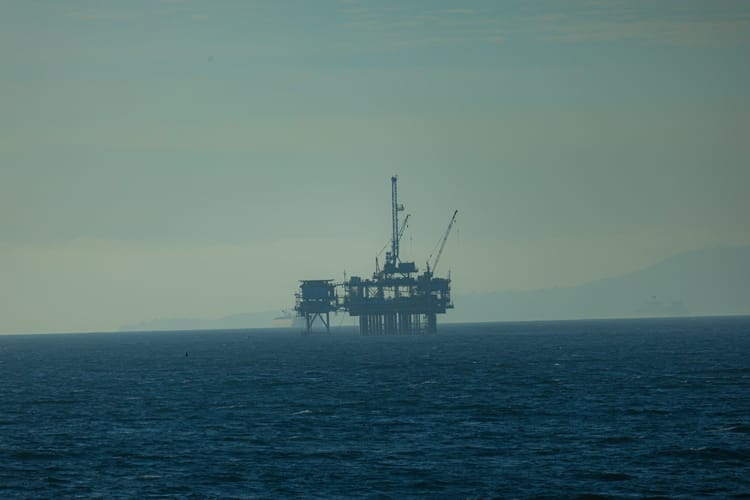‘Fossil fuel business model’ remains pervasive: CCPI report

Too many countries are “clinging to prolonging the fossil fuels business model”, despite rapid progress in advancing renewable energy, according to the latest Climate Change Performance Index.
This year’s CCPI shows that 61 of the 63 countries assessed (plus the European Union) have increased the share of renewables in their energy mix over the past five years – but emission trends remain negative in nearly half of the total.
According to Germanwatch, NewClimate Institute and CAN International, the organisations behind the annual report, this is because governments continue to support fossil fuel developments, especially gas – despite their COP28 commitment to "transition away" from polluting sources of energy.
To prove their point, they take the example of the UK, which closed down its last coal-based power station this year, and has pledged against new licences for fossil fuel projects: as a result, the country went from 20th place to 6th place over the course of one year.
“Large parts of the world have recognised that renewables are a cost-effective and safe choice for the energy supply. Renewables are in the fast lane, especially in the electricity sector. In addition, there is an increasing electrification of the mobility, residential and industrial sectors. The trend towards electrification is continuing, while new storage technologies are developing at the same time. Nevertheless, there is still massive resistance from the fossil fuel lobby. Countries should not fall deeper into the fossil trap,” said Jan Burck (Germanwatch), author of the CCPI.
No country in the top three
As in previous years, the CCPI has left the three top spots in its ranking empty, to point out that no country is currently performing very well on the climate front. Denmark is in fourth place, followed by the Netherlands and the UK.
Read also: Global warming worsens as 2024 brought 'minimal progress' on climate
At the bottom of the ranking, the CCPI places Argentina (59th), one of the biggest losers of this year’s report due to a recent change of government (the election of climate-denying president Javier Milei), as well as Iran (67th), Saudi Arabia (66th), the United Arab Emirates (65th) and Russia (64th).
In these last four countries, the share of renewables in the energy mix is lower than 3%.
US and China still perform poorly
Meanwhile, the world’s two largest emitters, China and the US, are ranked as “very low” performance, despite an unprecedented boom in renewable energy in the former. “Despite promising plans, trends and measures, China remains heavily dependent on coal and lacks sufficient climate targets,” the report says.
Höhne: “Especially with a new US President Trump, we now need strong leadership from the EU and its member states like Germany, despite increasing political polarisation,” added Niklas Höhne (NewClimate Institute), co-author of the ranking.
The CCPI, a joint initiative of Germanwatch, NewClimate Institute and CAN International, examines the climate performance of 63 countries and the European Union – together representing 90% of global emissions.
Performance is ranked around four categories: climate policy, greenhouse gas emissions, energy use and renewable energy.







Member discussion